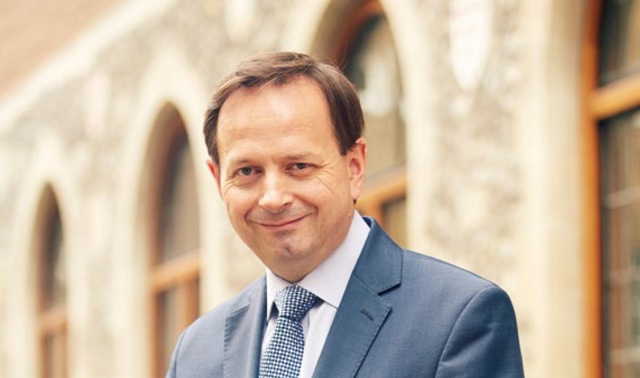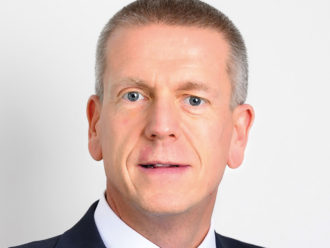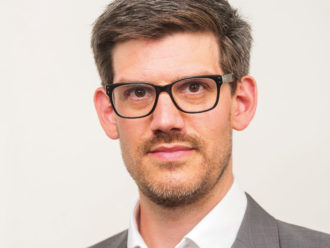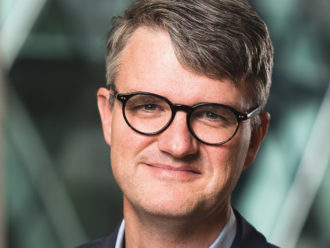What is the investment case for infrastructure?
We put that asset in our growth pool because like private debt, it has the longterm return potential of equity, but without the volatility. Another reason is so much of the return comes through contractual income, through the dividend payments from the infrastructure project itself – and in most cases that moves in line with inflation. Property is another example of an asset class we quite like. We don’t have a huge allocation, but, again, most of the return comes through rent, and that’s a regular, annual income. Whereas with equities, yes, you do get your dividend income, but it’s maybe a third, if you’re lucky, of your total expected return, and the rest is down to the very volatile market. I know over time equities will give you that kind of return, but you need to be very patient, and you need a longer timeframe than pension schemes are normally given because we’re all crammed into three-year valuation periods.
So you find triennial valuations restrictive from an investment perspective?
It is very, very restrictive and I think there’s always that conflict: if you’re a responsible investor, a long-term pension fund investor, you shouldn’t be taking a short-term view of the performance of your managers or your investments. Yet, three years inevitably pushes you to quite a short-term view. But I think there are ways of approaching it differently so something we are looking at is how we transform the portfolio into one that is based around ‘real return’, contractual income.
How might this approach work?
It would allow a different approach to valuing the liabilities, rather than using a giltsplus basis. It could be based around the anticipated return from the portfolio and the more confidence you can have in the return from the portfolio, the more likely you are to be able to use that as your discount rate. That’s a big difference from using something like gilts plus 1.3%. If you could have confidence you were going to generate something like RPI plus 3% or 4%, which is actually quite possible through some of the things we have in the portfolio, it could transform the calculation of liabilities.
So, it may be a matter of doing the kinds of things that we’re doing – putting quite large sums into the likes of private debt and infrastructure – but doing more of them, and doing them quicker.
Has the fund explored anything else in the illiquid space?
The other thing we’ve done in the last couple of years is emerging market sovereign debt. I suppose it wasn’t a masterpiece when the manager, Colchester, was appointed in July 2014, but it’s started to go all right now. Actually, we subsequently reviewed the manager and we were entirely comfortable with them so we put some more money away in about January. Since then, the account has returned 30%-odd. It’s been a phenomenal return. So it is a bespoke mandate (about 2.5% of the portfolio) and the only thing we screen out is repressive regimes.
Which emerging market countries have produced such good returns?
This particular [mandate] took a lot of big positions in Brazil, on the basis that a lot of the things that were hitting the price were unwarranted. I guess it was a case where the market felt otherwise. But there’s a large piece of recovery in that 30%. It’s a much more normal return since inception in July 2014.
How has the fund’s ethical investment process developed?
Adam Matthews [head of engagement at the Church Pensions Board] has been doing a lot of work on a five-step analysis framework for assessing companies transitioning to a low-carbon economy, and I think it is quite ground-breaking stuff. He’s bringing a lot of external people on board so it could be quite a large-sized coalition, but I don’t want to steal his thunder.
We are also developing an ethical investment policy on extractives which I would characterise as more of an engagement policy. It would tell us how we should engage with companies to make sure they’re doing the best that they can, particularly around operations such as treatment of workers, treatment of the environment, how they work through the local political system. We’re very much going down the engagement route.




